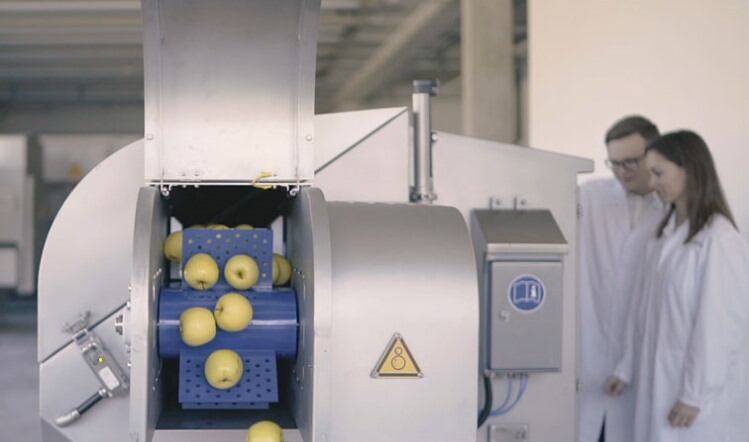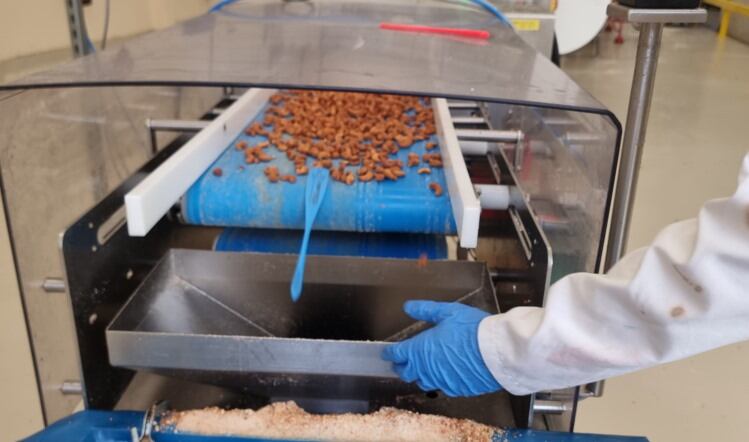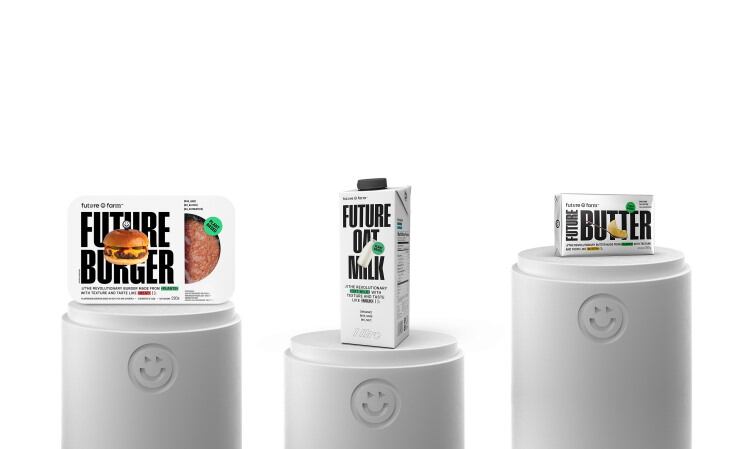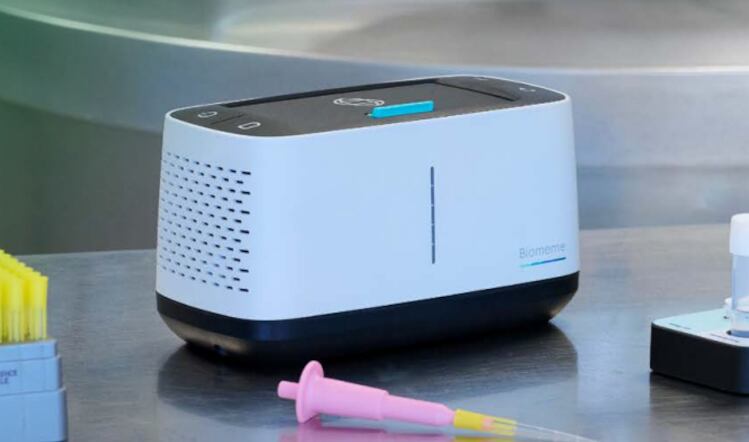Campden BRI is exploring the use of the technology – short pulses of electricity that punch holes in cells – in a number of food applications.
This included improved drying and freezing times while maintaining better product quality, reduced blanching times, improved extraction and yields and microbial pasteurisation.
Campden BRI are exploring surface inactivation on bigger pieces of food products with PEF using lower field strengths alone and in combination with other hurdles and are very interested to speak with companies who may benefit from this application.
Untapped potential
Andrew Bosman, a process engineer at Campden BRI who is leading the research, said PEF as one of the most promising emerging technologies available and had a lot of untapped potential and possible applications.
“In addition to the research being undertaken we are also keen to work with manufacturers who are looking to exploit the benefits of the technology and realise applications with their products,” he added.
“Our extensive experience of working with new technologies and our ability to benchmark PEF against those we have on-site will ensure businesses will be able to gain an understanding of whether PEF truly meets their goals.”
Avoiding damage to products
Since PEF disrupts either microbial or a food’s cells without imparting significant heat, manufacturers can avoid – or greatly reduce – detrimental changes in the sensory and physical properties of food products.
Campden BRI new technologies lead Danny Bayliss said the research would open up further applications and commercial benefits for a range of other products and applications.
“The snacking sectors is one area where the technology can help manufacturers to be more sustainable by reducing water and oil use and the need for some processes saving total energy use,” Bayliss explained.
“For this reason, we’re keen to encourage food businesses to explore the potential technology benefits for their products.”





